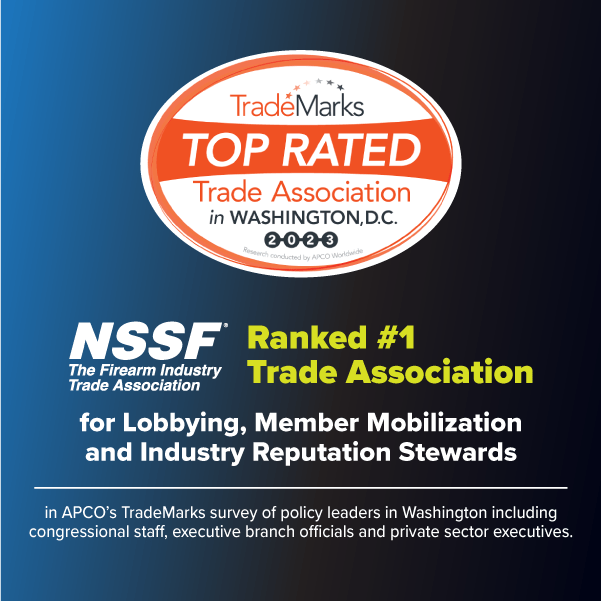 Back to News
Back to News
July 6, 2018
Why Export Control Reform Makes Security and Business Sense
Under a proposed rule change for which comments close today (Friday, July 6), licensing jurisdiction would transfer to the Commerce Department for commercial firearms and related items widely available at retail in our country that are now subject to the export control licensing jurisdiction of the State Department under the International Traffic in Arms Regulations (ITAR).
These proposed rules are the logical continuation of an effort began in 2010 under the Obama Administration to modernize the administration of U.S. export control regulations “to create a simpler, more robust system that eases industry compliance, improves enforceability, and better protect America’s most sensitive technologies.”
Despite what you might have read from some political quarters and anti-gun groups, this is true regulatory reform, not an attempt by the Trump administration to shore up an industry concerned with declining domestic sales, which remain strong by historical standards.
Reducing Burden, Maintaining Security
The objectives of these bipartisan and widely supported changes is to align the regulations with the nature of the items at issue, thus more efficiently accomplishing the national security and foreign policy objectives of the controls. Such changes reduce unnecessary burdens for both the government and industry.
Despite misrepresentation by opponents, there would be no change to the licensing policies for end item firearms and related ammunition. If a gun required a license to export when it was regulated by the State Department then it would require a license to export when it is regulated by the Commerce Department. If an export to a destination or end user would have been denied or approved before, it would be denied or approved in the same manner under the new rules. Applications would go through the same interagency review process, including by the Defense Department and the State Department’s human rights and other experts.
Our industry’s small- and medium-sized companies will economically benefit because the regulatory simplification and cost reductions will allow them to consider exporting when they might not have otherwise. Those that already export will be able to expand sales of exports that would have otherwise been approved. This reflects the fact that the ITAR exists to regulate the export of defense articles that provide a significant military or intelligence advantage in a “one size fits all” type approach with regulatory requirements that are more relevant to the export of a fighter aircraft than something that can be purchased at a retail outlet.
Concept Has Been Proven
These conclusions have been proven through the application of similar export control reforms for other sensitive commercial or less sensitive military items that have been transferred to Commerce’s jurisdiction over the course of the last eight years. For example, under the Commerce system, there are no fees to apply for licenses. There are no redundant registration requirements for domestic manufacturers. There are no fees for registration. Such fees are bearable for large companies, but often not for small- and medium-sized companies. The license application forms are vastly simpler.
Controls on less sensitive and widely available and basic parts, components, and technology are more tailored and allow for less burdensome trade with close allies through license exceptions. Sales with regular customers can be combined into fewer license applications, thus reducing overall paperwork to achieve the same policy objectives.
While it will not be dramatic at the start, these changes will eventually lead to growth for U.S. companies, more jobs here and related economic benefits for the cities and states where our facilities are located while accomplishing the same national security and foreign policy objectives we have always had. It has been wrong-headed for the those advocating for increased gun control in the United States to overlay their domestic politics on sensible export control reform.
We have confidence that after all comments have been evaluated that the administration will do the right thing and move ahead with long-promised export control reform.
You may also be interested in: NSSF Statement on Export Control Reform
Categories: BP Item, Featured, Government Relations, Top Stories









